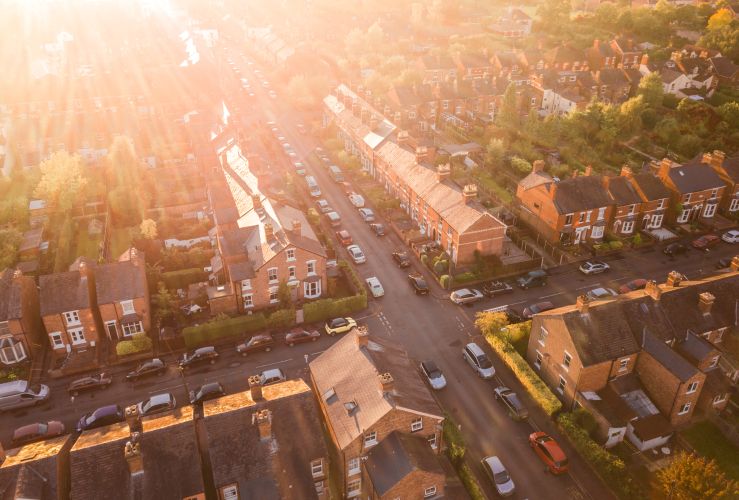
House prices are being depressed by the expected summer slump, but also by a surge in sellers, according to Rightmove, the UK's biggest property selling website.
An 8.6% increase in newly available properties was recorded in July, but demand has failed to keep up, Rightmove noted.
Year-on-year to July, a price growth decrease of 1.4% was recorded, while month-on-month prices fell 1.7%.
Sellers have been compelled to cut asking prices as estate agents see their books swell. This follows an extended period in which estate agents were struggling to find sellers.
Rightmove said: “The proportion of sellers already on the market that are reducing their asking prices is the highest at this time of the year since 2011, indicating initial over-optimism on price.”
But as ever, looking at the different regions of the UK paints a more varied picture. Strong price growth and improving sales have been recorded in the West Midlands and Scotland, while stagnant or falling prices have been seen in London, the south-east and east of England.
Studies like those from Rightmove only list asking prices, not the final agreed price, which can exaggerate the actual house price picture - so people are getting even less for their homes than figures suggest.
The buoyant Scottish property market saw homes take just 39 days to sell, on average, with prices rising 8.5% in the last 12 months. In the West Midlands, proprieties took 46 days to sell, with prices growing 5.6% year-on-year.
London, by contrast, saw asking prices reduce by 1.7% over the last 12 months, and take 67 days to sell, on average.
However, prices in the capital are far higher than elsewhere in the UK. On average, a London home costs £628,458, almost triple the West Midlands figure of £227,804. In Scotland the average is £158,864.
In London's central zone 1, prices were down 6.5% year-on-year, while zone 2 saw an average price drop of £8,000 in July alone - resulting in a still-hefty average price tag of £752,675.
Reversal of fortunes?
To some degree, the present condition of the housing market represents a reversal of fortunes for home buyers and sellers across the country. As this map shows, between 2007 and 2016 house prices in many parts of the north fell or grew by less than 25%, while London and the south east saw prices increase significantly.
Today, many estate agents blame uncertainty surrounding Britain's departure from the European Union for the sluggish market, combined with the traditional summer lull.
Nick Leeming, the chairman of agency Jackson-Stops, said in the Guardian: “An increase in the number of properties for sale will have to be matched by a corresponding increase in buyer demand if vendors are to avoid reducing guide prices to secure a sale. The market is finely balanced at the moment and the latest political uncertainties over Brexit will do little to help build confidence.”




